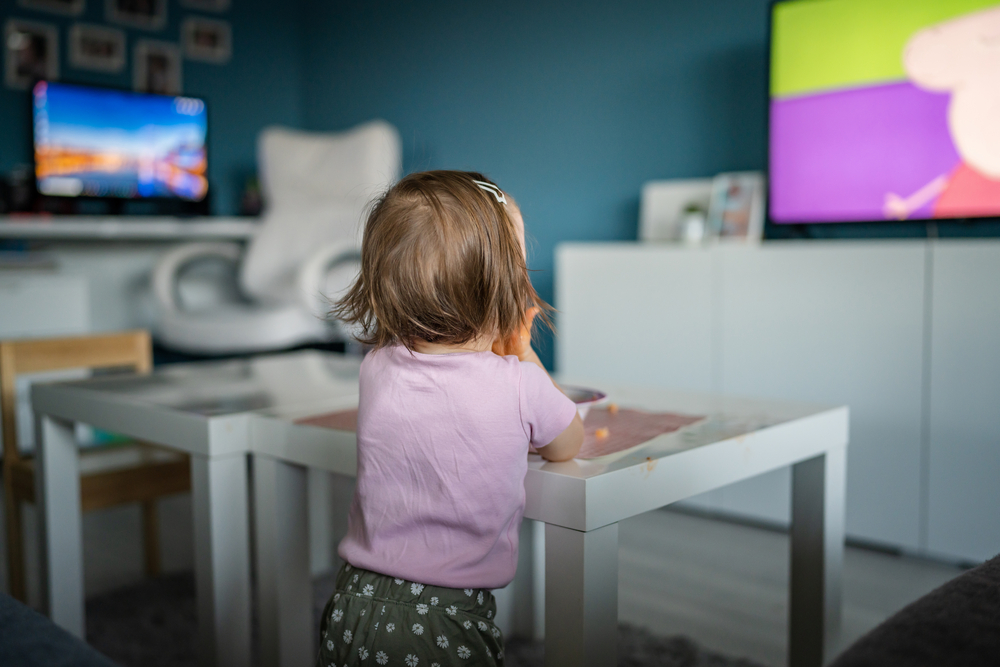Children are always learning and absorbing information from their surroundings. However, excessive screen time can hinder their opportunities to communicate with and listen to their parents. To study this phenomenon, Mary Brushe and her colleagues utilized Language Environment Analysis technology (LENA) to gather data on the frequency of children’s conversations versus the “electric noise” produced by electronic devices. Their findings were published in JAMA Pediatrics.
The study underlines the importance of growing up in a language-rich home. Early developmental years constitute countless opportunities for children to observe and experiment, especially when it comes to learning a language. Technology-based interference, dubbed “technoference,” wedges itself in between parents and children hungry for chances to listen and learn.
This dilemma led the team of Australian and British researchers to conduct a longitudinal investigation. They hypothesized that there would be a negative correlation between the screen time of children between the ages of 12 months and 36 months and the number of adult word utterances, child vocalizations, and conversational turns. In other words, as a child’s usage of a device with a screen increased, the number of times they would attempt conversation/listen to speech per day would decrease. The researchers write:
“Findings of this study support the notion of technoference for Australian families, whereby young children’s exposure to screen time is interfering with opportunities to talk and interact in their home environment. This finding has implications for interventions and supports aimed at promoting a language-rich home environment, with families needing support in understanding the potential association of screen time with opportunities for children and adults to talk and interact in their home environment.”
















in my estimation, devices are the most damaging aspect of technological and societal “advancement” on the pragmatic, day-to-day basis. they are terrible for brain development, social development and interaction, bad for our souls, increase the fragmentation of communities and society. any benefit (and of course there are benefits) are vastly outweighed by the negatives. childhood isn’t even childhood anymore. and I feel powerless to stop it, even in my own household
Report comment